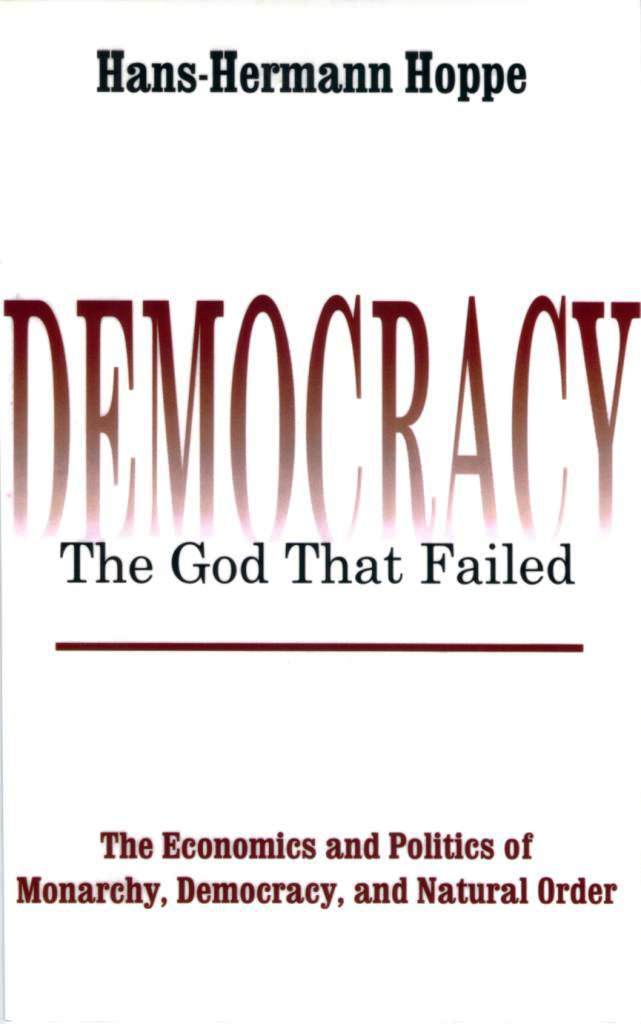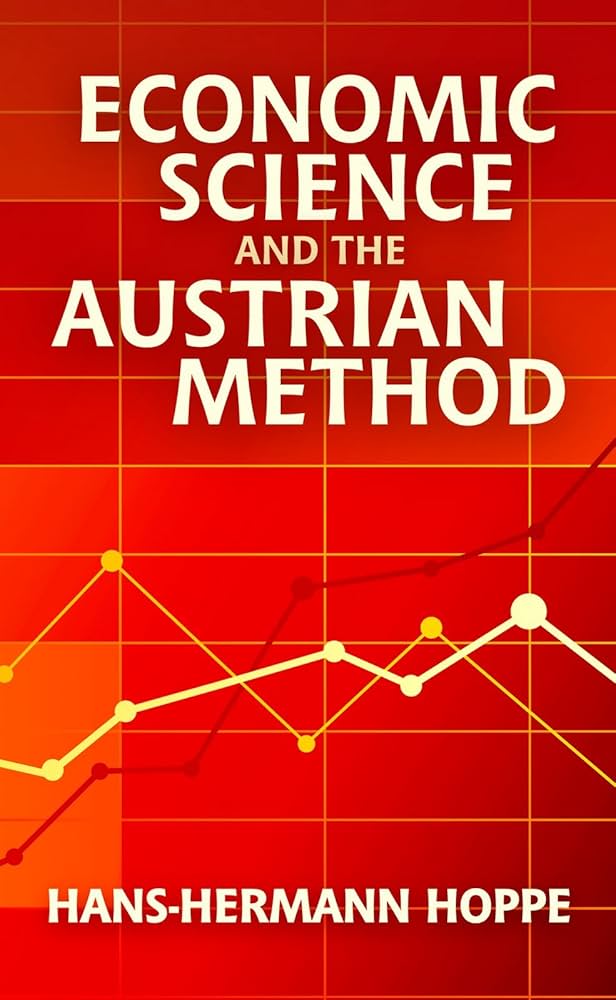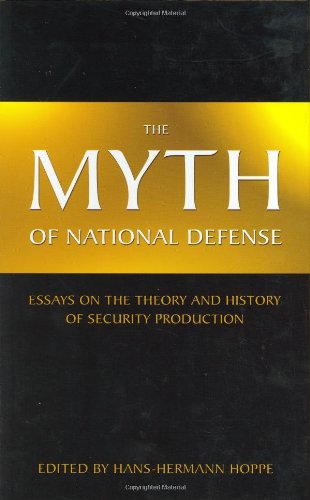Below is an English translation of Professor Hoppe’s interview by “Wirtschaftswoche”, Germany’s leading business-weekly. The interview covers various topics, including the business cycle, the nature of the state, anarcho-capitalism, taxation as expropriation, and the like.
***
Interview in Wirtschaftswoche
“Taxes are expropriation”
by Malte Fischer
The anarcho-libertarian economist Hans-Hermann Hoppe argues for a state-free society. Where government has, for example, no right to compel the citizens to pay taxes to finance armed forces.
http://www.wiwo.de/politik/konjunktur/hans-hermann-hoppe-steuern-sind-enteignung-seite-all/9282336-all.html
Business Week:
Professor Hoppe, We currently have booming state intervention in both the economy and in society again. Many citizens want more government and less market. How do you explain that?
Hoppe:
History shows that crises promote the growth of the state. This is particularly evident in wars and terrorist attacks. Governments use such crises in order to pose as crisis-solvers. This also applies to the financial crisis. It has provided the governments and central banks with a welcome opportunity to intervene even more in the economy and society. Government representatives have managed to lay the blame for the crisis on capitalism, the markets and greed.
Without the intervention of central banks and governments in the form of liquidity injections and stimulus programs, wouldn’t the world have been thrown into a deep depression like in the 1930s?
There is a misconception that governments and central banks can aid the economy with programs to help it bounce back. Even in the 1930s in the USA there were economic stimulus programs. But the Great Depression did not end until after the Second World War. In prior years, the U.S. unemployment never fell below 15 percent. The banks were hoarding the central bank money, instead of using it to lend.
The current circumstances are similar. The money is not getting into the goods markets, therefore the prices of commodities barely rise. But that does not mean that there is no inflation. You just have to look at how the stock markets are developing to identify where the money is going. Inflation is taking place on the asset markets. [continue reading…]
 Now available:
Now available: 

 Would the change from a statist to a libertarian society help or hinder the production of high culture?
Would the change from a statist to a libertarian society help or hinder the production of high culture?














